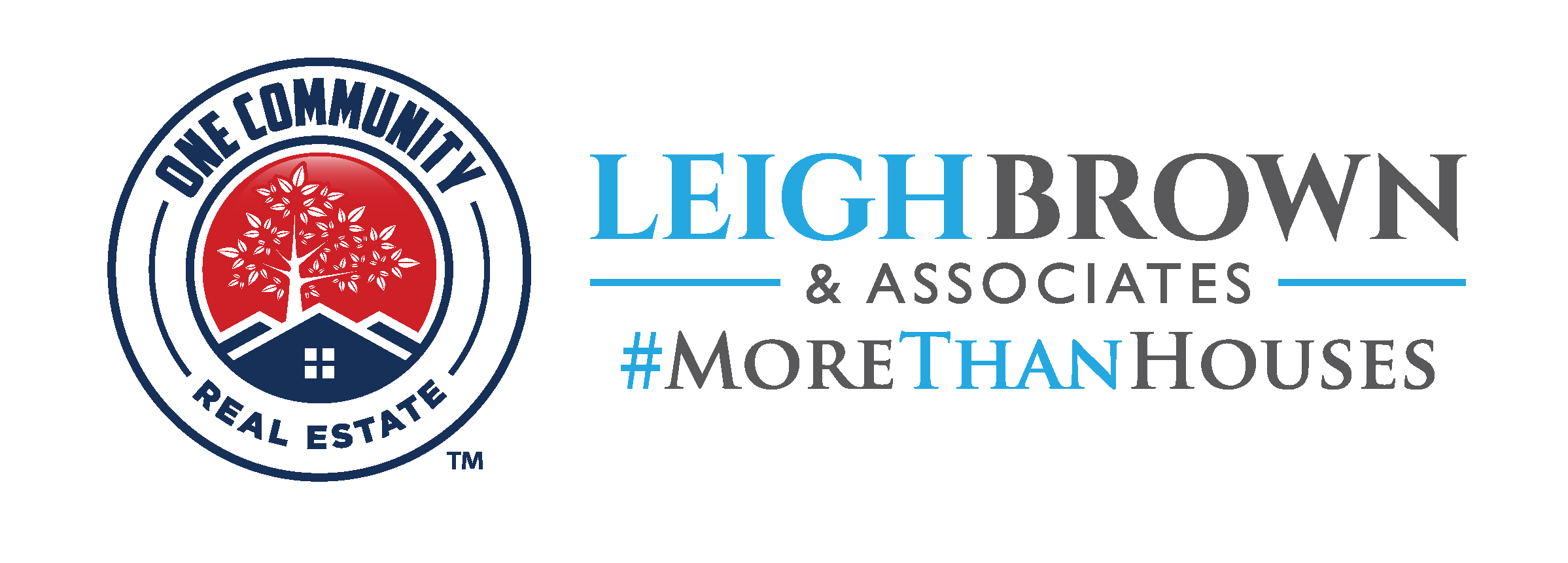Image Source: Pexels by Joe Caltiere
Moving from a small town to a big city can open doors to new experiences, better career opportunities, and a higher standard of living. But, beyond the glitz and glamor, you’ll need to prepare yourself for making this major life decision and find ways to lead a sustainable lifestyle. To help you in this process, Leigh Brown & Associates has created this guide covering all major aspects for making a smooth transition.
Save as Much as You Can
In the months leading up to the move, make savings a priority. As reported by CNBC, one should expect to spend upwards of 30% of their earnings on rent. A reduction in disposable income will be a big challenge to deal with. But, if you have enough savings to manage expenses for the initial months, it’ll provide you time to adjust without having to endure a financial burden.
Calculate the Cost of Living
If you’re planning to move to prominent cities such as New York, and Los Angeles, be ready to pay as much as 3–5 times more than what you’re accustomed to. To learn the true cost of living in your city, consider using this tool.
Here are prominent factors to focus on when learning about the cost of living:
- Housing: Affording an apartment alone in a city is bound to be expensive. As a newcomer, it’s better to split rent with roommates.
- Groceries: This will be your prominent recurring expense, and will need to be given preference in the monthly budget.
- Utilities: Living in a city known for extreme hot or cold conditions will result in higher utility costs compared to those located in moderate areas.
Learn About Public Transport
Most major cities have well-connected public transportation systems that provide an affordable and easy way to travel within and beyond the city. Even if you own a car, as a newcomer, the smart choice would be to travel without it. A car will only add to the expenses due to its requirement of insurance, parking, and gas.
Before your move, read blogs and watch videos about how to navigate the city’s transportation system, here’s an example. While subways and buses make travel convenient, understanding their routes, timings and pick-up spots can be challenging. Additionally, each city has a different system regarding signage, cost, and payment methods.
Start Your Employment Search Early
In the weeks leading up to the move, start applying for jobs. That way, you can have interviews lined up as soon as you move and increase your chances of landing a job. Additionally, you can consider starting a business. Cities provide a thriving market for products and services of all niches and allow you to quote a higher price. The ideal option will be to start a home-based business that requires limited capital. Here are the steps to follow for starting a business:
- Conduct thorough research: Based on the city you’re moving to, research the product/services that have a growing demand. You will have competition no doubt, but the sheer number of customers provides the opportunity to create a loyal customer base of your own.
- Write a Business Plan: As reported by the SBA, this will be the founding document of your business that includes all important information such as short/long term goals, financial requirements, revenue expectations, and insights about the product offering. If you’ve never made a business plan, here is a great example.
- Establish an LLC: Once your business has been registered as a limited liability company, you’ll be able to use business expenses such as buying a new laptop, work table, raw materials, etc. as tax write-offs. Additionally, an LLC will shield you (the owner) from business-related debts and disputes.
If you require assistance with any of these activities, consider working with a formation service. Additionally, if you want to learn more about the business start-up process, refer to the how to start a business with ZenBusiness guide.
Moving to a city will be a mix of great experiences and big compromises. But in time you’re bound to find your feet and make the most of the move both in personal and professional spheres.
When it comes to where you call home, we are here to help you figure it out. Email my team at One Community Real Estate®, Leigh Brown & Associates, or reach me directly at 704-507-5500 today!
~ Leigh Brown
